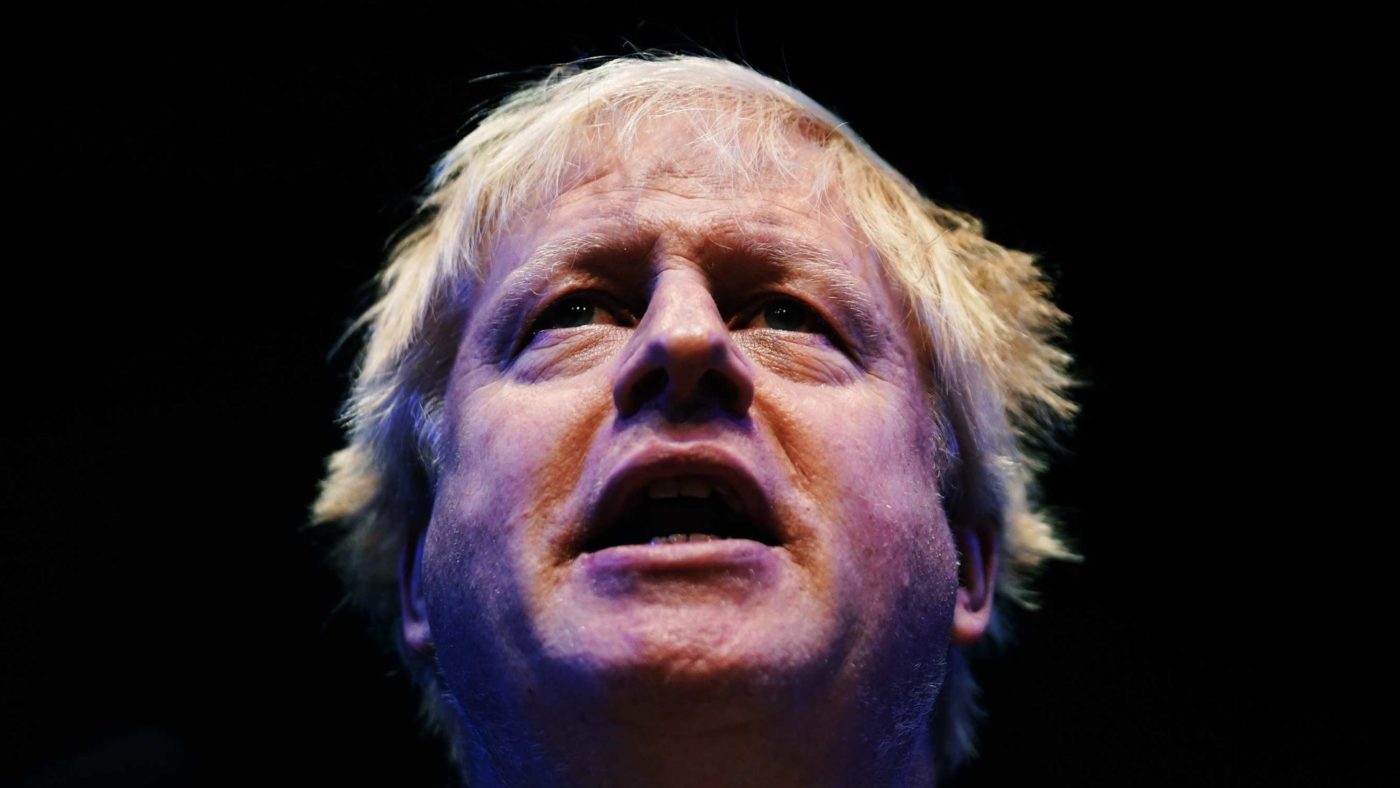Today’s confirmation of Theresa May’s departure from Downing Street brings into focus the next major item on the political agenda – the contest to choose her successor.
Once the Conservative MPs themselves have their say, the choice of the final two will be made by Conservative members. So what do they think?
Since this ‘selectorate’ is such a small fraction of the adult population, polling them is expensive and infrequently done. Thankfully one such survey was carried out by YouGov in the past fortnight in anticipation of the leadership election.
Seventy-nine per cent of Tory members thought May was doing badly as Prime Minister, and the same number thought she should step down. She fared better among the 26 per cent who voted Remain in 2016, but a majority among them still gave her the thumbs down.
On the issue of Brexit – which will surely dominate the campaign – the Conservative rank and file have actually shifted in favour of Brexit since they were last polled a year ago, the opposite to the population at as a whole. Two-thirds of the membership support leaving without a deal.
The poll asked how members would rank each of nine potential candidates in terms of their likelihood to vote for them in an election. This is, of course not how the question will actually be presented, but is still likely to be a very good guide.
Boris Johnson led the way on first preferences with 39 per cent, making him the first choice with three-times as many supporters as his closest challenger. Dominic Raab was second with 13 per cent, ahead of Michael Gove and Sajid Javid tied for third on nine per cent and Jeremy Hunt fifth on eight per cent.
On head-to-head pairings, calculated based on how each responded ranked the contenders, Johnson wins on all eight matchups. The closest is a 59-41 margin over Dominic Raab who, in turn, wins on all seven pairings besides that with Johnson, likely underlining the Tory membership’s preference for a leader with a robust Brexit stance.
As such, Boris Johnson – though by no means certain to win – starts off as the frontrunner. He does, of course, need to make it to the top two among Conservative MPs, but this seems likely as one-third of them plus one would guarantee second or first place. Indeed in 2016, Andrea Leadsom made the final two with the backing of only a quarter of MPs in the second ballot.
If, as has happened in the past, the favourite does fall, where might his vulnerabilities lie? When respondents were asked to rate the potential candidates individually on likeability, electability, being up to the job, a strong leader and competent, Johnson leads the pack on each measure.
But some measures are closer than others. In particular, on the question of competence, Michael Gove and Sajid Javid are within the margin of error the lead. Sixty-one per cent thought Johnson would be a competent leader, 25 per cent incompetent.
The Tory membership’s view of Boris Johnson is also very different to that of the wider public, and even Conservative voters. It is unclear whether his opponents will try to leverage this with members, who rate him as more electable than any of his opponents, but whoever next occupies Number 10 will have to face the electorate at some point.
Comparing public attitudes to the respective candidates is difficult because of the vastly different levels of public familiarity with them. In a separate poll of all adults published today, YouGov put Johnson on the highest percentage saying he’d be a good Prime Minister and the highest percentage saying that he’d be a bad Prime Minister.
This doesn’t on its own make Johnson any more of a Marmite candidate than the others – only eight per cent said they didn’t know enough about him to have a view, compared with between 25 and 70 per cent for everyone else. Nevertheless, the 54 per cent saying he would make a bad Prime Minister, suggests this may be more than just differential name recognition.
Since Theresa May’s resignation speech earlier today, there has been a lot of talk from Conservatives about bringing their party and the country together. Whether it is possible for anyone to do both of these things in the present context is debatable. Whoever wins the imminent race will have to try. But as things stand, the race is Boris Johnson’s to lose.


